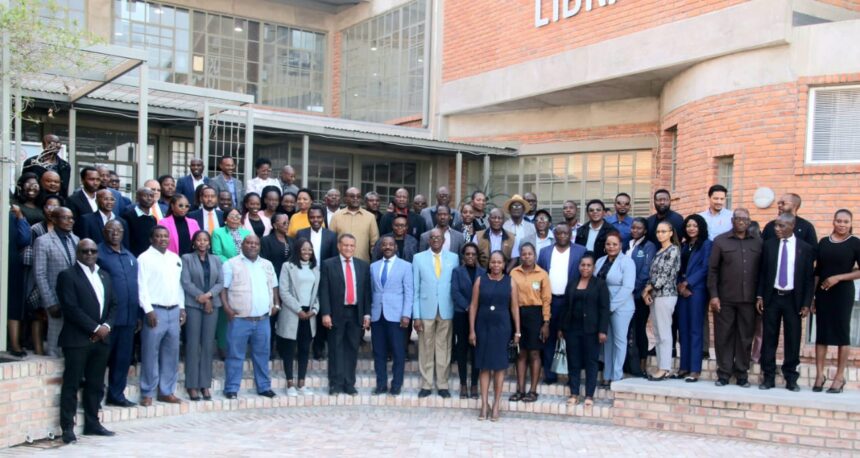OSHAKATI – Auditor General Junias Kandjeke has requested information about the use of public resources to be provided to his office on time.
Public officials must provide accurate and truthful information about the allocation and use of state resources, he said. “One of the significant challenges we face is the capacity constraint of local authorities and regional councils to comply fully with financial regulations and reporting requirements. They struggle with the implementation of proper financial record-keeping and reporting. This poses a risk to the accuracy and reliability of the financial information presented,” said Kandjeke during the 9th stakeholder engagement session phase two earlier this week in Oshakati.
He added: “The public and media must act as watchdogs, holding those in power accountable for their actions”.
During the gathering, matters that strengthen good governance of public resources in regional councils and local authorities were discussed. Regional councils and local authorities were advised to discuss audit findings and recommendations, and come up with resolutions in tackling identified shortcomings in order to improve financial management. He highlighted that it is the role of his office to give assurance that public resources are used in an efficient, effective, economic, and transparent manner.
“Through transparency, we can promote good governance, prevent the chances of corruption, and increase public trust in local authorities and regional councils,” said Kandjeke.
The AG acknowledged the achievements of local authorities and regional councils in addressing the blockage of submitting financial statements and in implementing audit recommendations that will help improve the audit opinions issued to entities.
This prompts an effective financial management process, he said.
“Requests for extensions to submit financial statements should be discouraged because it delays timely reporting,” he stated.
Kandjeke further encouraged all stakeholders to collaborate to build capacity, enhance training programmes, share best practices, and promote a culture for transparency and accountability.


